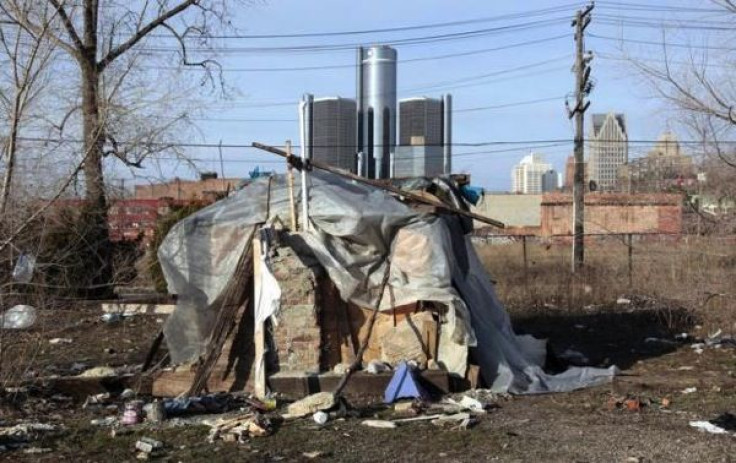Detroit Eligible For Chapter 9 Bankruptcy Protection, Judge Rules

A federal judge Tuesday ruled that Detroit is officially eligible for bankruptcy protection, a move that the once-mighty but now debt-choked city took in July. The decision lets the city walk away from an array of debts and future obligations, including making full payment on its pension payment commitments.
Judge Steven W. Rhodes of the United States Bankruptcy Court deemed Detroit, which is buried under $18 billion in debt, insolvent, and found that the city had too many creditors for "good-faith negotiations" and therefore couldn't have negotiated with all of them before filing for Chapter 9 bankruptcy. Rhodes also ruled that the city was not obligated to sell assets, such as its valuable art collection, before filing for bankruptcy and upheld the state's emergency manager law.
Appeals by various creditor groups, including managers of pension funds for retired city workers, are expected.
The bankruptcy by Detroit, once the nation's fourth-largest city, is the biggest municipal bankruptcy filing in U.S. history. Detroit, which in 1950 had 1.8 million residents, now has about 700,000 people, making it the 18th-largest U.S. city.
In March, Michigan Gov. Rick Snyder appointed Kevyn Orr as emergency manager of the city. Four months later he filed for Chapter 9 bankruptcy.
© Copyright IBTimes 2024. All rights reserved.












